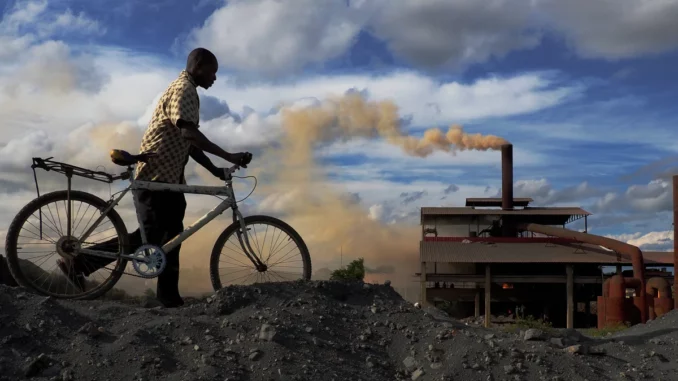
On 5th March 2025, Human Rights Watch (HRW) issued a stark warning about the increasing exposure of children to lead poisoning in Zambia, particularly in the central town of Kabwe.
The report highlights that more than 95% of children in the area have elevated levels of lead in their blood due to ongoing mining activities in the region, despite the mine’s closure in 1994.
HRW criticizes the Zambian government for its failure to enforce environmental laws, allowing South African, Chinese, and local mining companies to continue processing toxic lead waste from Kabwe’s mining site.
The mining activities in Kabwe, one of the world’s most polluted places, have left behind an estimated 6.4 million tonnes of hazardous lead waste. These operations are placing thousands of residents, especially children, at severe health risk. HRW’s Children’s Rights Director, Juliane Kippenberg, emphasized that mining companies continue to profit while exacerbating the health crisis, with the contamination in the soil reaching dangerous levels. The lead concentration is reportedly 300 times higher than the hazardous threshold set by the US Environmental Protection Agency, leading to severe health issues, including brain damage and, in extreme cases, death.
HRW has called for immediate government action to revoke mining permits and clean up the area to protect the health of the affected communities. The rights group has urged the Zambian government to end its complicity in enabling hazardous mining and to prioritize the health and safety of its citizens. As of the report’s release, the Zambian government has yet to respond to these alarming concerns.
